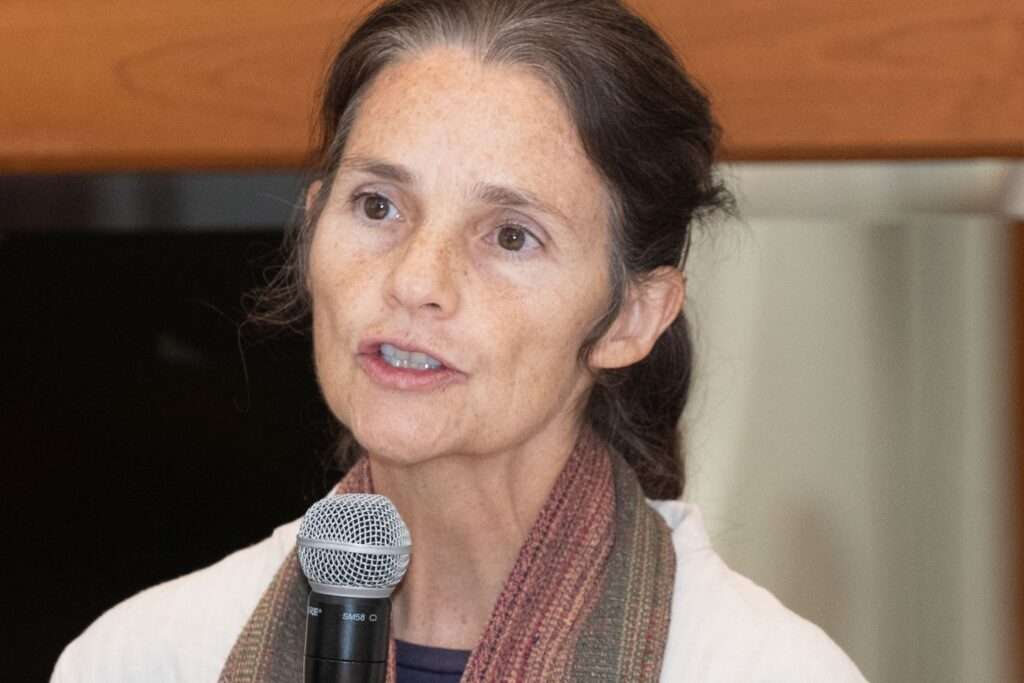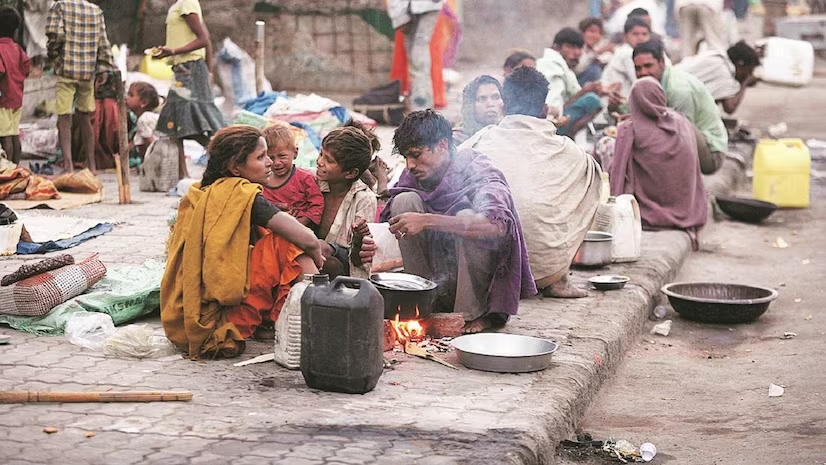More than one billion people across the globe are living in acute poverty, with nearly half of them residing in conflict-ridden nations, according to a new report from the United Nations Development Programme (UNDP).
The recently published Multidimensional Poverty Index reveals that countries embroiled in conflict suffer higher levels of deprivation in critical areas like nutrition, access to electricity, and water and sanitation. These nations are facing what the report describes as “markedly more severe” disparities compared to peaceful regions.
Research covering 112 countries and more than 6.3 billion people concluded that 1.1 billion individuals are enduring poverty, with 455 million of them living “in the shadow of conflict.” The report underscores the devastating toll that wars and internal strife are taking on the world’s most vulnerable populations.
“Conflicts have intensified and multiplied in recent years, reaching new highs in casualties, displacing record millions of people, and causing widespread disruption to lives and livelihoods,” said Achim Steiner, Administrator of the UNDP.
Children Bear the Brunt of Poverty
The report highlights that 584 million children under the age of 18 are experiencing extreme poverty, accounting for nearly 28% of all children worldwide. By contrast, the figure stands at 13.5% for adults. Child mortality in conflict-affected areas is a particular concern, reaching a shocking 8%, compared to just 1.1% in peaceful countries.
The plight of Afghanistan serves as a stark example. The report points out that 5.3 million more Afghans fell into poverty between 2015-16 and 2022-23. Today, nearly two-thirds of the Afghan population are classified as poor. This represents a staggering escalation of hardship, exacerbated by prolonged conflict.
Yanchun Zhang, chief statistician at the UNDP, noted, “For the poor in conflict-affected countries, the struggle for basic needs is a far harsher and more desperate battle.”
Global Poverty Concentrated in Five Countries
India ranks as the country with the highest number of people living in extreme poverty, with 234 million of its 1.4 billion population falling into this category. Following closely behind are Pakistan, Ethiopia, Nigeria, and the Democratic Republic of Congo. These five nations account for almost half of the world’s 1.1 billion impoverished people.
Sabina Alkire, Director of the Oxford Poverty and Human Development Initiative (OPHI), which collaborated with the UNDP on the report, stressed the urgency of the situation: “Poverty reduction is slower in conflict settings – so the poor in conflict settings are being left behind. These numbers compel a response: we cannot end poverty without investing in peace.”

In a related development, a report from Oxfam found that hunger driven by conflict has reached record levels, with warring parties using food to exert control. The report, titled Food Wars, was published on World Food Day and details the horrific impact of food insecurity in 54 conflict-affected countries.
Oxfam’s findings reveal that between 7,000 to 21,000 people are dying each day from hunger in these conflict zones. The report warns that nearly all 281.6 million people currently facing acute hunger live in countries with ongoing conflicts.
Emily Farr, Oxfam’s food and economic security expert, stated, “As conflict rages around the world, starvation has become a lethal weapon wielded by warring parties against international laws.”
As the world grapples with the humanitarian crisis of poverty and hunger in conflict settings, the data presented by the UNDP and Oxfam makes one thing clear: without sustained investments in peace and stability, millions more will continue to suffer. From food insecurity to child mortality, the costs of conflict are proving catastrophic, demanding immediate international action.
READ ALSO: Grace Ashly Shares Behind-The-Scenes Moments of Cheer Songs



















